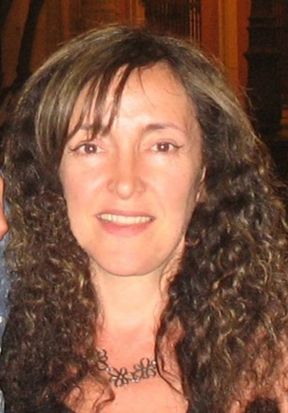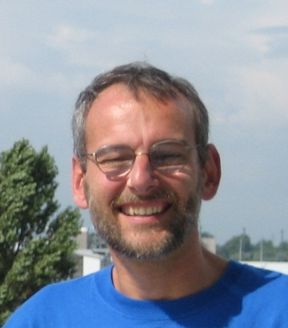WP 2 - Climate change effects on coastal polar environments and on planktonic communities
Objectives
The objectives of this WP are to study the ecophysiological response of polar coastal plankton communities to warming and glacier melting, including taxonomic analyses and experimental stress studies with isolated species (phyto- and zooplankton) and communities, with particular focus on key toxic algae and chemically mediated species interactions among eukaryotic microalgae and zooplankton. Additionally we want to develop and test models of climate change effects on pelagic communities and compare plankton composition with regard to oceanographic features, nutrient biogeochemistry and coastal run-off dynamics within a latitudinal grid along the Western Antarctic Peninsula.
About the WP Leader Irene Schloss and Co-Leader Bernd Krock
WP 2 is led by Dr. Irene Schloss from the Institut des Sciences de la Mer de Rimouski at the Université du Québec de Rimouski.
Dr. Irene Schloss is a researcher at the Argentinean Antarctic Institut (IAA) and of the National Council of the Research (CONICET) of Argentina. Since 2009, she is Associated Professor at the University of Quebec at Rimouski, at the Institut des sciences de la mer de Rimouski. She holds a PhD of the University of Buenos Aires, Argentina, in biological oceanography, and a license in biology. She worked in many international research projects, relating climate change to CO2 fluxes between the atmosphere and the ocean, the effects of UVB radiation and the role of the marine plankton. Since the last 20 years, she developed an expertise in dynamics of polar and sub-polar marine plankton, temporal and space variations of plankton communities and physicochemical variables in relation to global climate change. She is interested in modeling of biological oceanographic processes centered on marine plankton.
Dr. Schloss is presently committed to promote the scientific co-operation between Argentina and Canada, particularly with regard to research in both Polar Regions, the Arctic and the Antarctic.
Dr. Bernd Krock is the Co-Leader of WP 2 and has been a researcher at the Alfred Wegener Institute-Helmholtz Centre for Polar and Marine Research since 2005. He holds a PhD of the University of Jena, Germany, in analytical chemistry. He is head of the Analytical Laboratory of the Toxic Marine Protists working group in the AWI’s Ecological Chemistry section, responsible for chemical and instrumental aspects of marine and freshwater biotoxin research and the management of chemical analyses of natural toxins for several research programmes in plankton. The Toxic Marine Protists working group investigates the biological function of marine biotoxins and chemical compounds that mediate allelochemical interactions among protistan species. This team also undertakes research into detection techniques for and isolation of natural products (dinophysistoxins, azaspiracids, pectenotoxins, spirolides, yessotoxins, cyanotoxins) in plankton, using a range of analytical techniques, including LC-MS/MS and preparative HPLC and develops techniques to use planktonic secondary metabolites as markers for dinoflagellates in high latitudes.

Irene Schloss, biological oceanographer at the Instituto Antártico Argentino (IAA), currently at the University of Quebec at Rimouski, Canada.

Bernd Krock, chemist at the Alfred Wegener Institute Helmholtz Centre for Polar and Marine Research at Bremerhaven, Germany.
